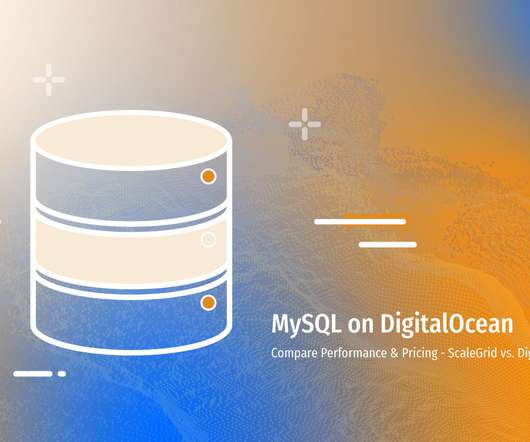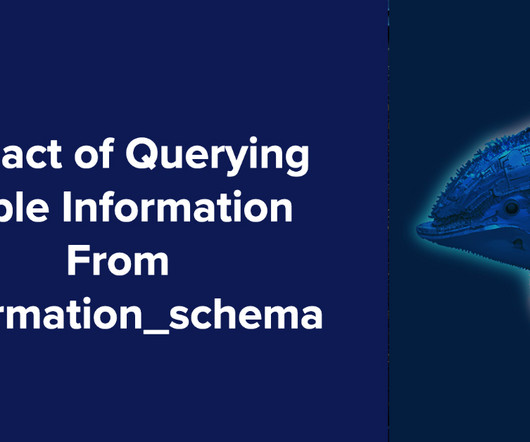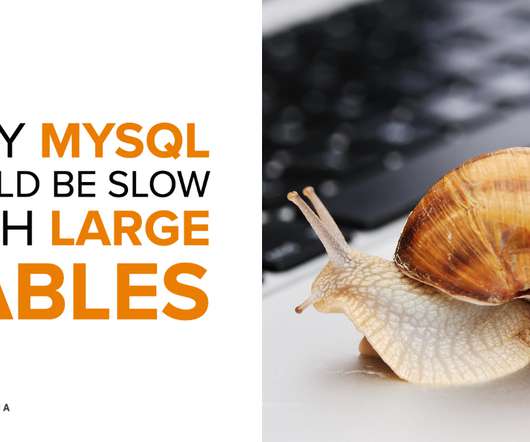Best MySQL DigitalOcean Performance – ScaleGrid vs. DigitalOcean Managed Databases
Scalegrid
JUNE 22, 2020
MySQL DigitalOcean Performance Benchmark. In this benchmark, we compare equivalent plan sizes between ScaleGrid MySQL on DigitalOcean and DigitalOcean Managed Databases for MySQL. We are going to use a common, popular plan size using the below configurations for this performance benchmark: Comparison Overview.














Let's personalize your content